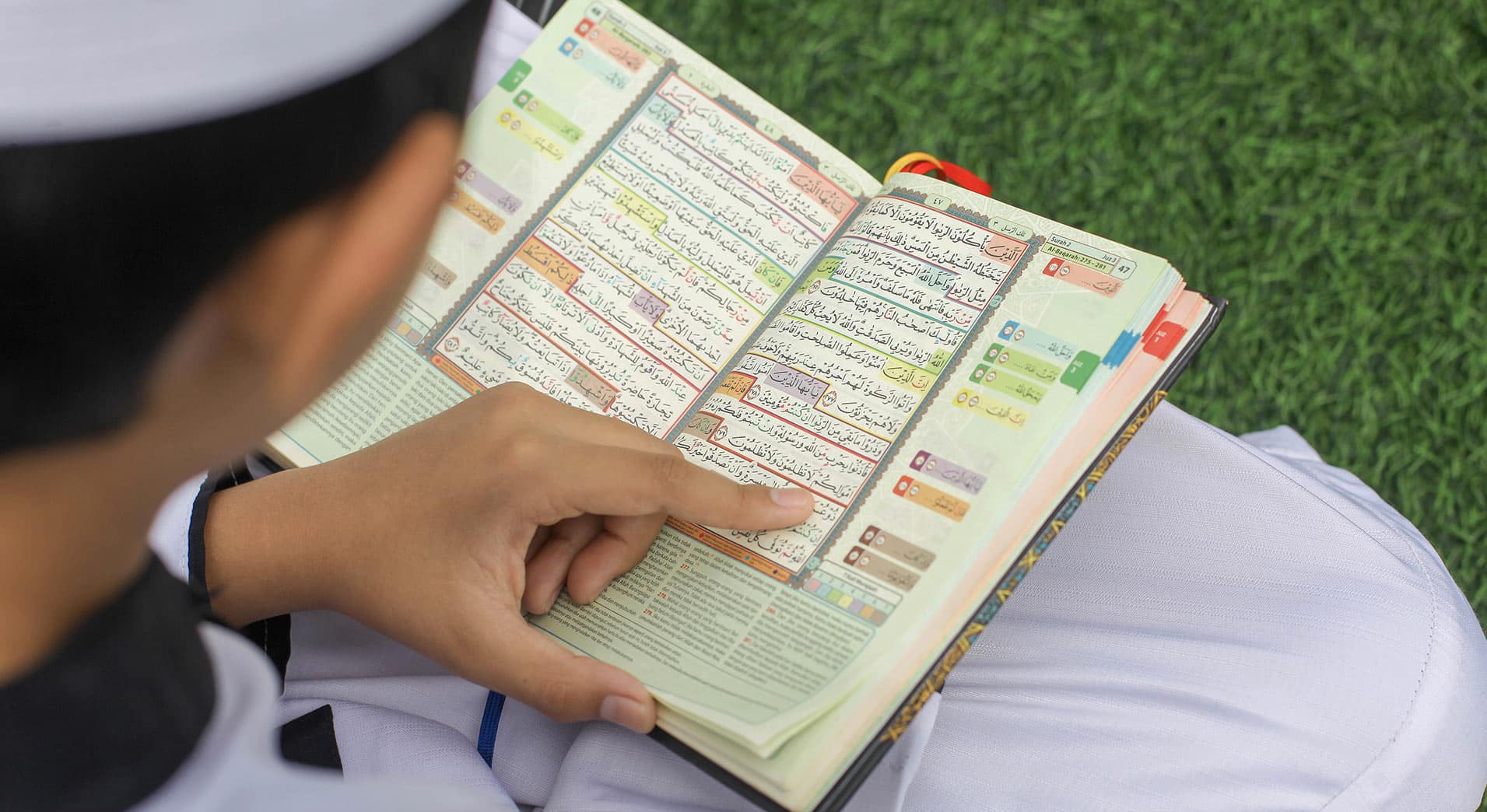Every Muslim parent wants their children to learn Islam and practice it in their lives. They try different methods to teach their children about Islam and its teachings. The best time to learn Islam for children is at an early age. Indeed, the initial years of a child’s life are when the children adopt things easily and remember them for a longer time.
Parents can start imparting Islamic knowledge to children from an early age at home in many fun and engaging ways.
Read on to find out how you can teach Islam to the children at home through fun and easy methods
1. Storytelling with Islamic Prophets and Heroes
Teaching children through stories is one of the engaging methods of educating children about Islam. Telling stories to the children keeps them engaged and connected. Moreover, you can share stories of Prophets and Islamic heroes with your children. These stories help them understand Islam and develop good habits. The stories of different Prophets can be used to instill Islamic knowledge in the minds of children. Some of the stories that you can tell your children are- Life of the Holy Prophet (PBUH)
- Story of Hazrat Daud(AS)
- Story of Hazrat Ibrahim (AS)
- Story of Hazrat Noah (AS)
- Story of Hazrat Musa (AS)
- Story of different Caliphs of Islam
2. Interactive Islamic Apps and Games
Every child loves to play games. Make Islam for children engaging through games. They catch and understand things faster by this method. Children don’t get bored with this method of learning. They play and learn together without losing interest. These games have Quranic verses, prayers, and the Five Pillars of Islam for kids. Many Islamic educational apps are available online like- Deen Quiz (Islamic Quiz)
- Miraj Muslims Kids Book Games
- Ali and Sumaya: Let’s Pray
- Quran stories 4 kids
- Noor Kids
3. Incorporating Islamic Teachings into Daily Routines
It is easy to teach Islam to kids by adding it to daily routines. Teach them to say Dua before meals or thank Allah for their blessings. Encourage kindness and respect. In addition, making these practices part of daily life makes learning about Islam natural for kids. These habits also help them understand kindness, gratitude, and empathy.4. Islamic Crafts and Activities
Children enjoy crafts. You can introduce Islamic values through fun activities. Try making DIY prayer mats or Ramadan lanterns. Islamic calligraphy is another fun activity. These crafts help kids learn about Islamic culture. Parents can teach Hadith about children by writing them on colorful papers and sticking them around so that children can learn them.5. Memorizing Quran Verses with Rhymes
Children must memorize some verses or chapters of the Quran. Making them learn the Quran can be tough at times. But teaching them verses of the Holy Quran through rhymes can make it easy for kids and parents both. Kids learn faster when they are taught through rhymes. Some of the short Surahs (chapters) that have 5 to 6 verses that children can learn easily at an early age are:- Surah Al-Ikhlas (Juzz 30)
- Surah Al-Falaq (Juzz 30)
- Surah An-Nas (Juzz 30)
- Surah Al-Asr (Juzz 30)
- Surah Al-Kawthar (Juzz 30)
- Surah Al-Ma’un (Juzz 30)
- Surah Quraysh (Juzz 30)
6. Islamic Cartoons and Videos
Islamic cartoons help explain religious concepts to kids. They make learning fun and engaging. You can find many Islamic animated series for children online. The most famous and trending cartoons for learning Islam are:- Mini Muslims
- Omar and Hana
- One 4 Kids
- Ali Huda
- Iqra Cartoon
 0203-002-6366
0203-002-6366
 1-212-381-1055
1-212-381-1055 61-3-8820-5043
61-3-8820-5043  021-111-279-111
021-111-279-111




